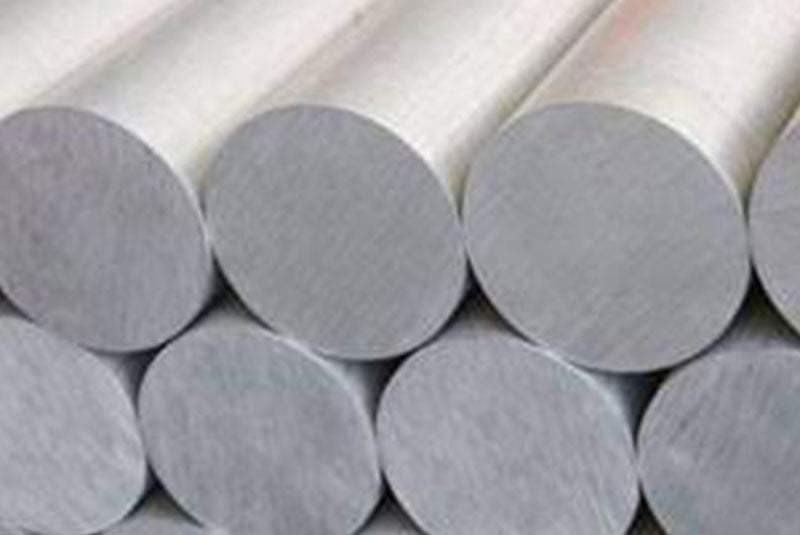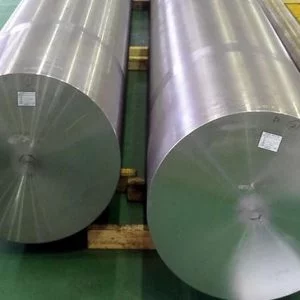Introduction

D2 steel is a widely utilized material renowned for its exceptional properties in various industrial applications. This comprehensive guide aims to explore the versatility of D2 steel, shedding light on its composition, applications, advantages, and more.
Understanding D2 Steel
D2 steel, also known as tool steel or die steel, is characterized by its high carbon and chromium content, contributing to its remarkable hardness, toughness, and corrosion resistance. This alloy is favored in industries where wear resistance and edge retention are critical.
Chemical Composition and Mechanical Properties
Before delving into its applications, let’s examine the chemical composition and mechanical properties of D2 steel:
| Element | Percentage |
|---|---|
| Carbon | 1.50% |
| Chromium | 11.50% |
| Molybdenum | 0.60% |
| Vanadium | 0.80% |
| Manganese | 0.60% |
Mechanical Properties:
- Hardness: 60-62 HRC
- Tensile Strength: 2750-2900 MPa
- Yield Strength: 2600-2700 MPa
- Elongation: 2-5%
Applications of D2 Steel
D2 steel finds extensive use in various applications, including:
- Tool Making: D2 steel’s combination of high hardness and wear resistance makes it a top choice for manufacturing a variety of cutting tools. From milling cutters to drills and reamers, D2 steel ensures superior performance and longevity, even in demanding machining operations. Additionally, dies and punches made from D2 steel exhibit excellent durability, maintaining precision and consistency over countless cycles of use.
- Knife Production: Among knife enthusiasts and professionals, D2 steel is highly sought after for its superior edge retention and toughness. Knives crafted from D2 steel maintain their sharpness over prolonged periods of use, making them ideal for tasks that require precision cutting, such as woodworking, food preparation, and outdoor activities like camping and hunting. Its ability to hold a keen edge, coupled with its resistance to corrosion, ensures that D2 steel knives remain reliable tools in diverse environments.
- Industrial Machinery: In industries where machinery operates under harsh conditions, components made from D2 steel offer unparalleled durability and reliability. From gears and shafts to bearings and bushings, D2 steel parts withstand high stress and abrasion, ensuring optimal performance and minimal downtime. Moreover, the toughness of D2 steel helps prevent premature failure and extends the service life of industrial machinery, ultimately reducing maintenance costs and enhancing productivity.
- Injection Molding: The precision and consistency demanded by injection molding processes require tooling materials that can withstand the rigors of high-pressure molding operations. D2 steel’s resistance to deformation and wear make it an ideal choice for injection molding dies and tooling. Mold cavities and cores crafted from D2 steel maintain their dimensional accuracy over prolonged production runs, ensuring the production of high-quality plastic components with tight tolerances.
- Woodworking: Woodworking tools subjected to repetitive use and abrasive materials demand materials that can maintain a sharp edge and withstand wear. D2 steel’s exceptional edge retention properties make it well-suited for woodworking tools such as chisels, plane blades, and gouges. Whether shaping intricate joinery or smoothing surfaces, tools made from D2 steel deliver consistent results, enhancing the efficiency and precision of woodworking projects.
Advantages of D2 Steel

D2 steel offers several advantages, including:
- High Hardness: With a hardness rating of 60-62 HRC, D2 steel retains its edge even under demanding conditions.
- Excellent Wear Resistance: Its composition provides superior resistance to wear, prolonging tool life and reducing maintenance.
- Good Toughness: Despite its hardness, D2 steel maintains sufficient toughness to withstand impact and heavy use.
- Corrosion Resistance: Chromium content enhances D2 steel’s resistance to corrosion, increasing its longevity in harsh environments.
- Edge Retention: D2 steel maintains a sharp edge for extended periods, reducing the need for frequent sharpening.
Conclusion
D2 steel stands as a testament to the ingenuity of material science, offering a blend of hardness, toughness, and corrosion resistance that caters to diverse industrial needs. Its versatility makes it indispensable in tool making, knife production, and various other applications where performance and reliability are paramount.
FAQ
Q:Is D2 steel stainless?
A:While D2 steel exhibits good corrosion resistance due to its chromium content, it is not considered stainless steel. It requires proper maintenance to prevent rusting.
Q:Can D2 steel be heat treated?
A:Yes, D2 steel can undergo heat treatment processes such as quenching and tempering to optimize its mechanical properties.
Q:What are the drawbacks of D2 steel?
A:Despite its many advantages, D2 steel can be challenging to machine and grind due to its high hardness.
Q:Is D2 steel suitable for outdoor use?
A:While D2 steel offers decent corrosion resistance, it may not be the best choice for prolonged outdoor exposure, especially in marine environments.
Q:How does D2 steel compare to other tool steels?
A:D2 steel boasts excellent edge retention and wear resistance, but it may be outperformed in certain aspects by newer, high-performance steels like CPM-S30V or M390.
